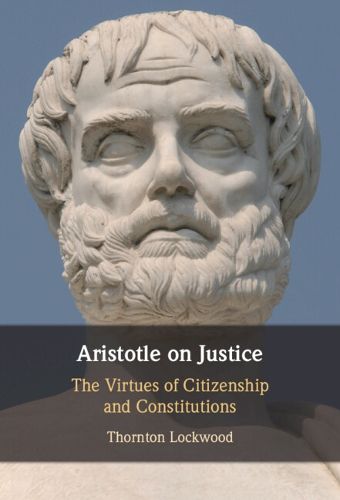Readings Newsletter
Become a Readings Member to make your shopping experience even easier.
Sign in or sign up for free!
You’re not far away from qualifying for FREE standard shipping within Australia
You’ve qualified for FREE standard shipping within Australia
The cart is loading…






Aristotle's account of justice has inspired thinkers as diverse as Thomas Aquinas and Martha Nussbaum. Concepts such as distributive justice, equity, the common good, and the distinction between just and unjust political organizations find articulations in his writings. But although Aristotle's account of justice remains philosophically relevant, its intellectual, social, and political origins in the Mediterranean world of the fourth century BCE have often been overlooked. This book places Aristotle's account of justice in dialogue with his fourth-century intellectual colleagues such as Plato, Xenophon, and Isocrates, and allows it to be understood within the framework of fourth-century institutions as they were experienced by citizens of ancient Greek political communities. It thus provides the modern reader with the framework which Aristotle presupposed for his original work in antiquity, including the intellectual debates which formed its context.
$9.00 standard shipping within Australia
FREE standard shipping within Australia for orders over $100.00
Express & International shipping calculated at checkout
Stock availability can be subject to change without notice. We recommend calling the shop or contacting our online team to check availability of low stock items. Please see our Shopping Online page for more details.
Aristotle's account of justice has inspired thinkers as diverse as Thomas Aquinas and Martha Nussbaum. Concepts such as distributive justice, equity, the common good, and the distinction between just and unjust political organizations find articulations in his writings. But although Aristotle's account of justice remains philosophically relevant, its intellectual, social, and political origins in the Mediterranean world of the fourth century BCE have often been overlooked. This book places Aristotle's account of justice in dialogue with his fourth-century intellectual colleagues such as Plato, Xenophon, and Isocrates, and allows it to be understood within the framework of fourth-century institutions as they were experienced by citizens of ancient Greek political communities. It thus provides the modern reader with the framework which Aristotle presupposed for his original work in antiquity, including the intellectual debates which formed its context.